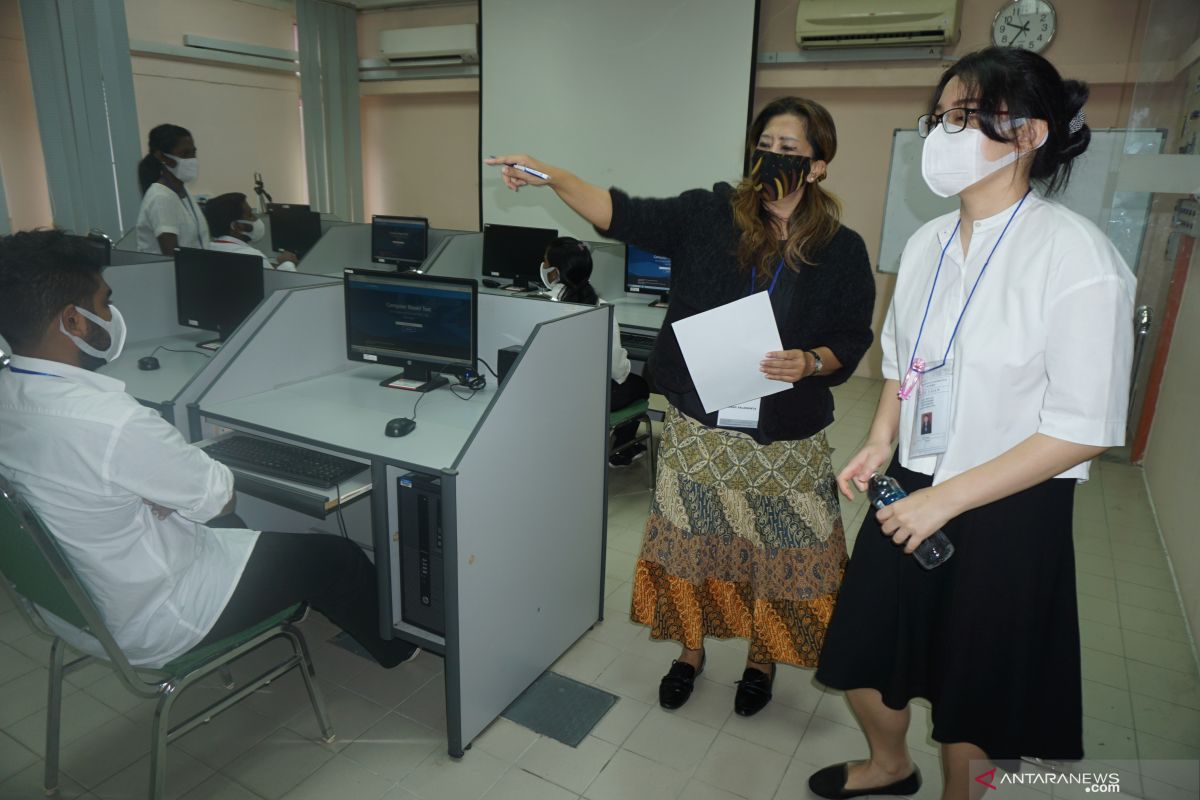“UKMPPD is not merely a graduation exam; it is a core component of the national medical education quality assurance system,” Director General of Higher Education at Kemdiktisaintek Khairul Munadi stated in Jakarta on Thursday.
Khairul emphasized that the UKMPPD reflects the government’s responsibility to ensure every future doctor is truly competent—both in knowledge and clinical skills—to deliver safe and professional healthcare services to the public.
He noted that the UKMPPD has been widely recognized as a successful model in driving improvements in teaching quality across medical faculties and in strengthening public trust.
“In fact, the World Bank has cited it as a best practice example for replicating competency testing systems across Southeast Asia,” he noted.
Khairul stated that the ministry believes every student deserves a fair opportunity to succeed.
“However, fairness must always be balanced with the enforcement of quality and professional integrity. Becoming a doctor is not just about earning a degree—it is a sacred duty to protect human life,” he affirmed.
Separately, Director of Strategy and Transformative Learning Systems at Kemdiktisaintek Ardi Findyartini explained that the UKMPPD, implemented since 2014, is not simply an examination but a collective process designed to ensure graduates possess adequate competence.
Related news: Incentive crucial to support medical students' mental health: PB IDI
Titin emphasized that implementation of the UKMPPD is inseparable from the learning and assessment processes within educational institutions.
“When we graduate a doctor, we expect them to be fit for practice—to be safe for the community and capable of delivering quality healthcare services. After going through all academic and professional learning and assessment stages, the UKMPPD serves as the national competency evaluation,” she explained.
The UKMPPD is governed by a series of regulations that have progressively established it as a national standard for medical competency, including Law No. 12 of 2012 on Higher Education, Law No. 20 of 2013 on Medical Education (now revoked), Law No. 29 of 2004 on Medical Practice (now revoked), Law No. 17 of 2023 on Health, and Government Regulation No. 28 of 2024 on the Implementation of the Health Law.
With this strong legal foundation, the UKMPPD is a mandatory requirement for obtaining a professional doctor’s certificate—an official document that signifies a graduate’s readiness to enter medical practice both professionally and legally.
Related news: Ministry suggests anti-bullying provisions for Health Bill
Translator: Sean, Azis Kurmala
Editor: Rahmad Nasution
Copyright © ANTARA 2025











